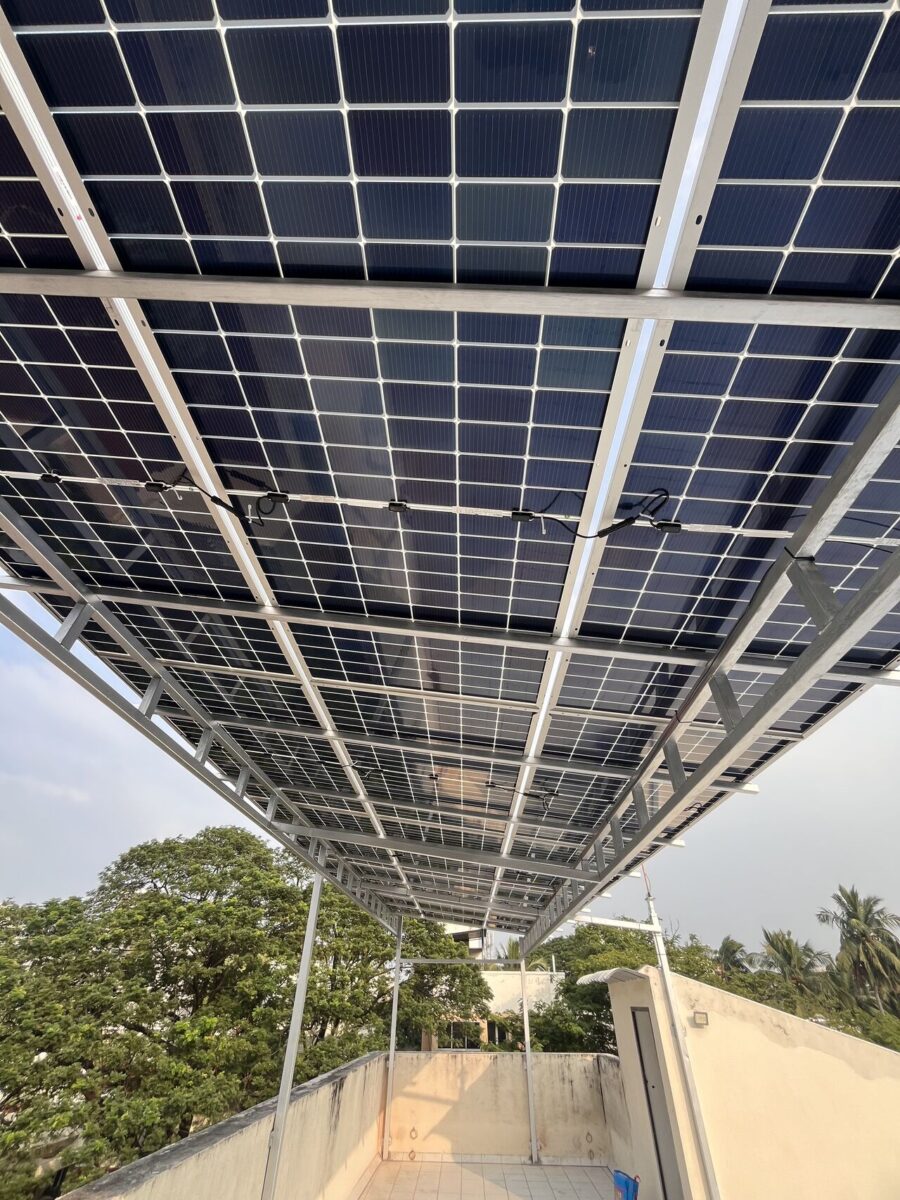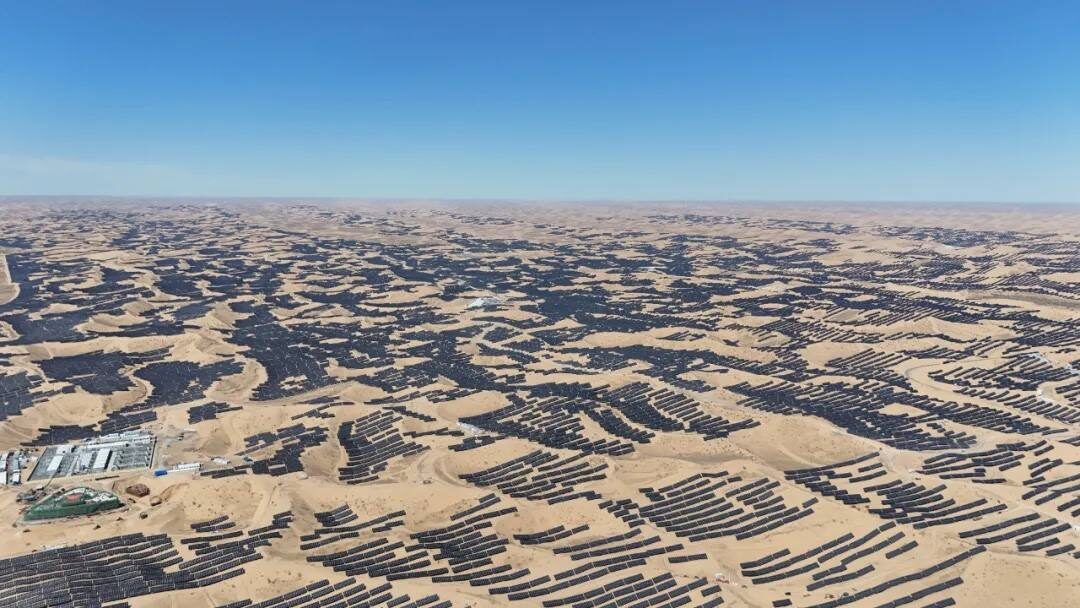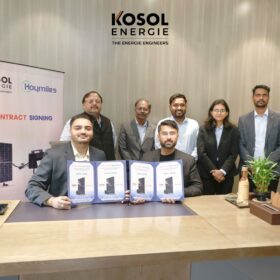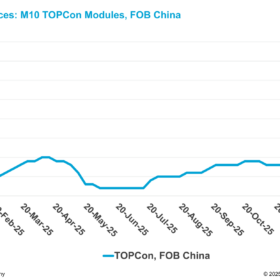India’s Ministry of New and Renewable Energy (MNRE) has released draft guidelines outlining the data communication and cybersecurity architecture for remote monitoring systems (RMS) used in grid-connected rooftop solar installations. The guidelines aim to ensure standardized, secure, and interoperable data exchange for residential rooftop solar systems deployed under the government’s subsidy scheme PM Surya Ghar: Muft Bijli Yojana.
The guidelines mandate that all original equipment manufacturers (OEMs) supplying inverters under the PM Surya Ghar: Muft Bijli Yojana must connect their inverters directly to the national servers and software managed by the MNRE or a designated agency. This move follows concerns over grid stability and cybersecurity risks posed by the planned integration of 10 million rooftop solar systems, with a cumulative capacity of 30 GW.
MNRE has also mandated that all inverter communication devices including dongles and data loggers use machine-to-machine (M2M) SIMs for secure and reliable data transmission.
The ministry said that the integration of 10 million rooftop solar systems under the scheme introduces significant grid stability and cybersecurity challenges. Inverter communication modules that transmit data to servers outside India not only pose risks of unauthorized control but also threaten national energy sovereignty by exposing sensitive power consumption and generation data.
Further, million of inverters communicating with third-party OEM servers can be exploited to manipulate inverter operations, potentially leading to coordinated disruptions in power generation and grid instability.
The vendor-neutral and open communication protocol based data communication and security guidelines for rooftop solar system monitoring and control through the national portal, will be made available for integration testing of inverter communication devices from Sept. 1, 2025.
This content is protected by copyright and may not be reused. If you want to cooperate with us and would like to reuse some of our content, please contact: editors@pv-magazine.com.









By submitting this form you agree to pv magazine using your data for the purposes of publishing your comment.
Your personal data will only be disclosed or otherwise transmitted to third parties for the purposes of spam filtering or if this is necessary for technical maintenance of the website. Any other transfer to third parties will not take place unless this is justified on the basis of applicable data protection regulations or if pv magazine is legally obliged to do so.
You may revoke this consent at any time with effect for the future, in which case your personal data will be deleted immediately. Otherwise, your data will be deleted if pv magazine has processed your request or the purpose of data storage is fulfilled.
Further information on data privacy can be found in our Data Protection Policy.